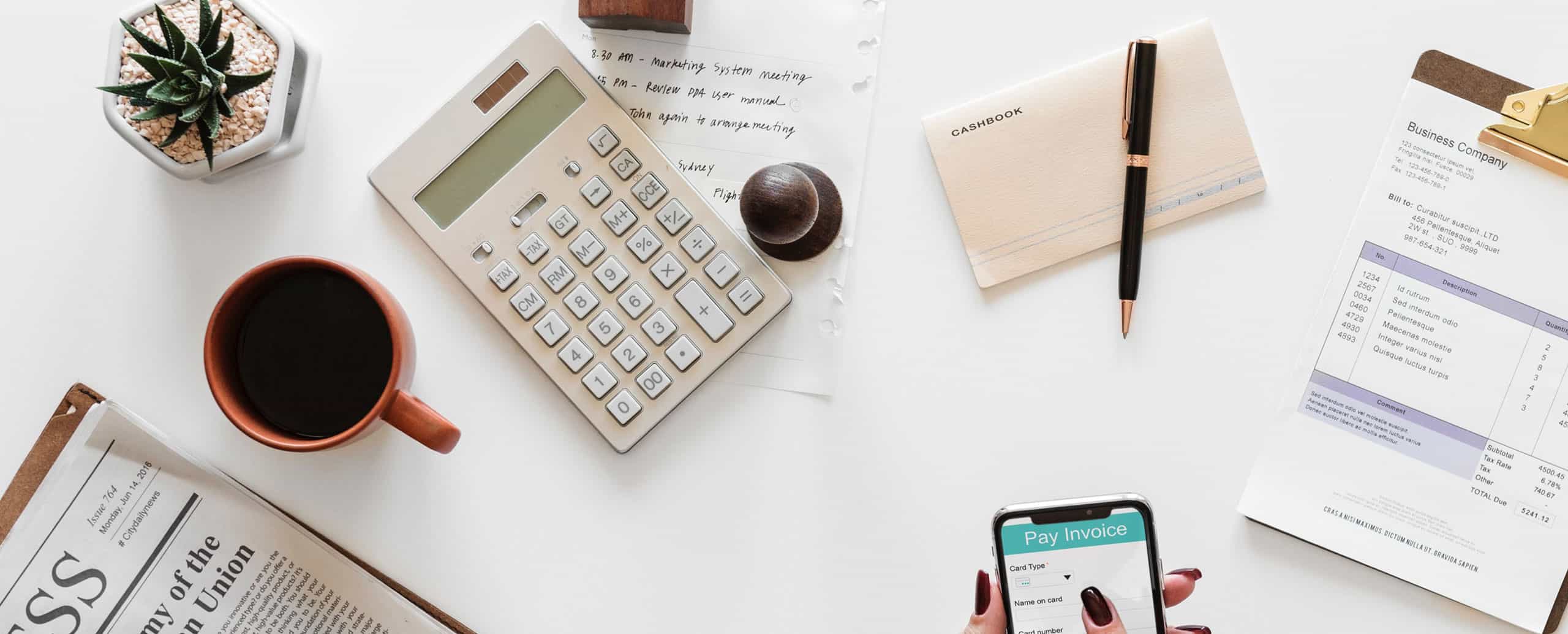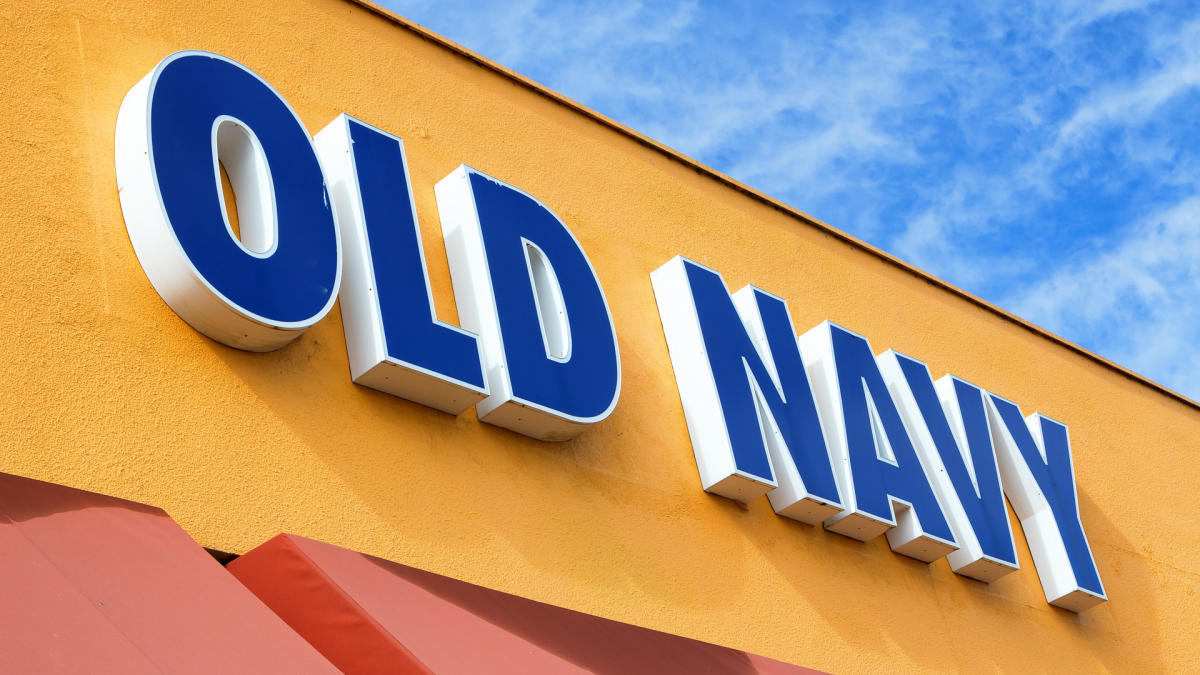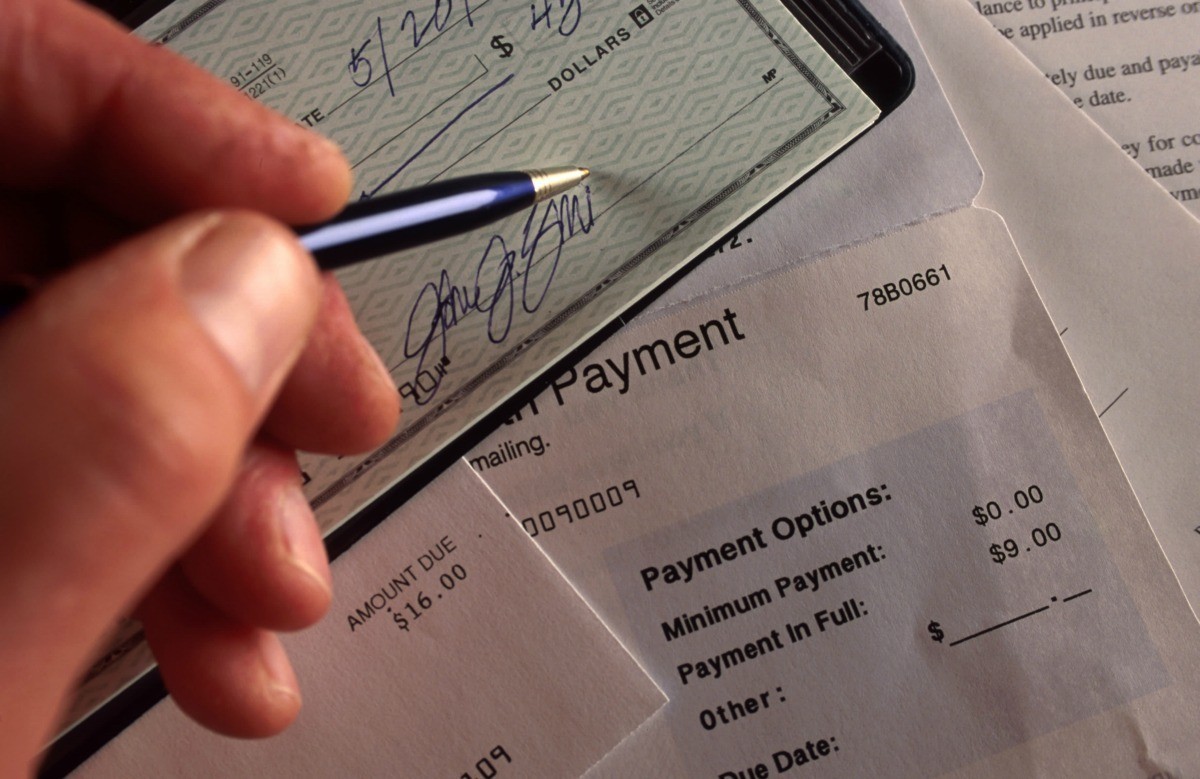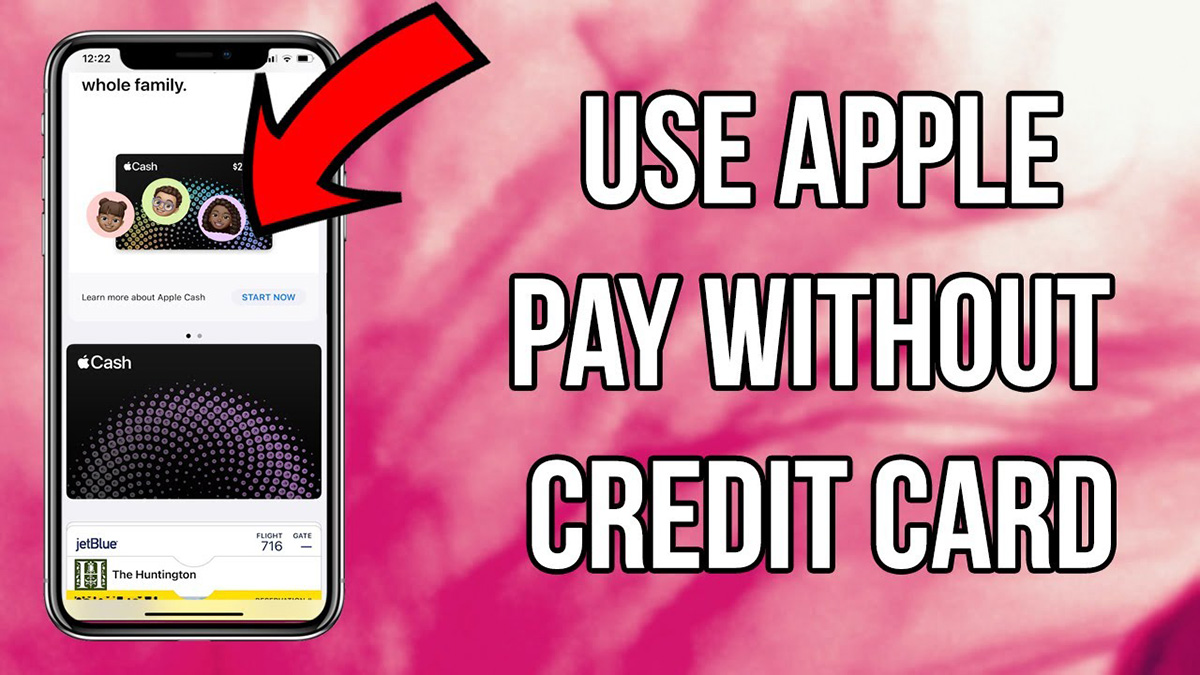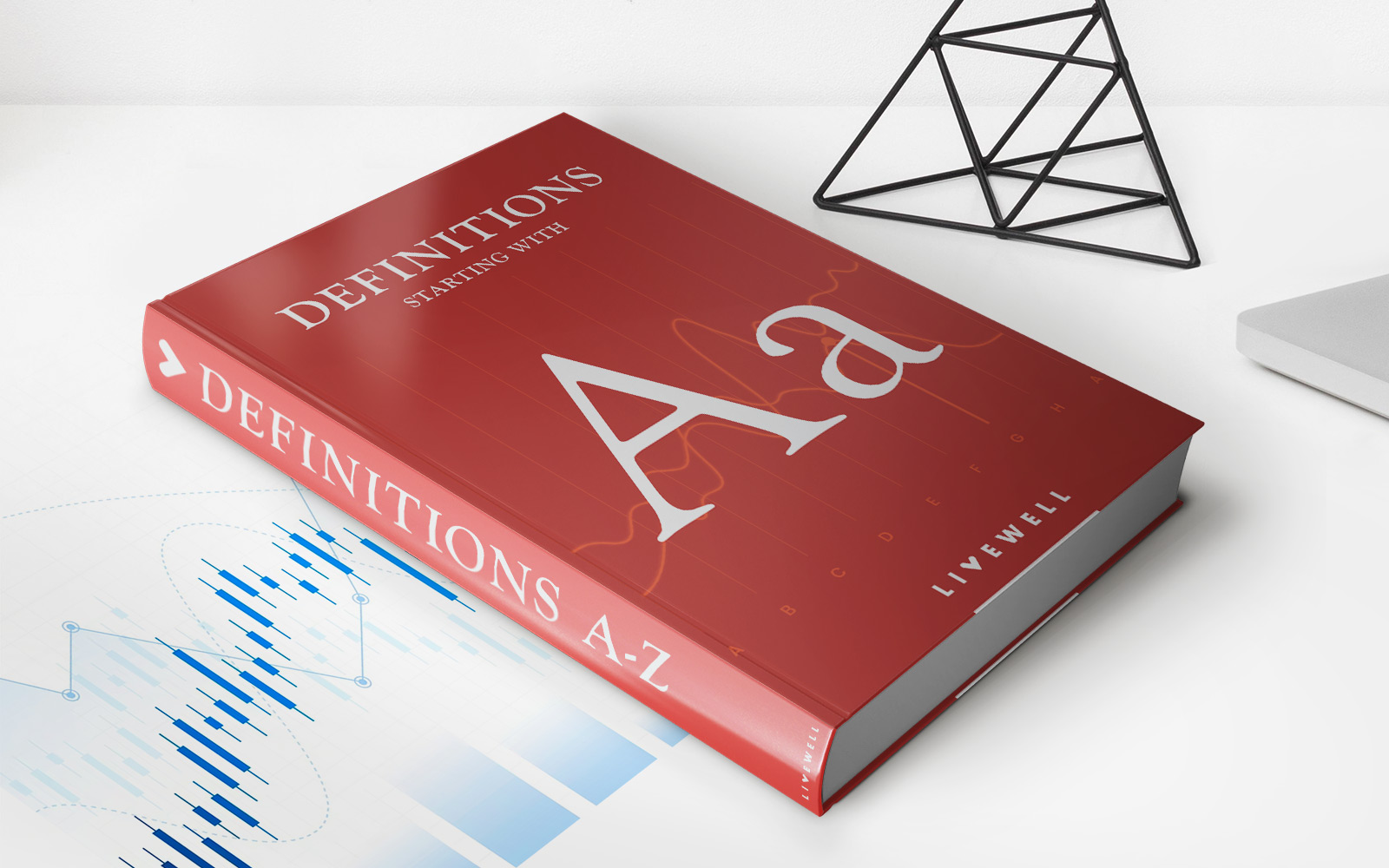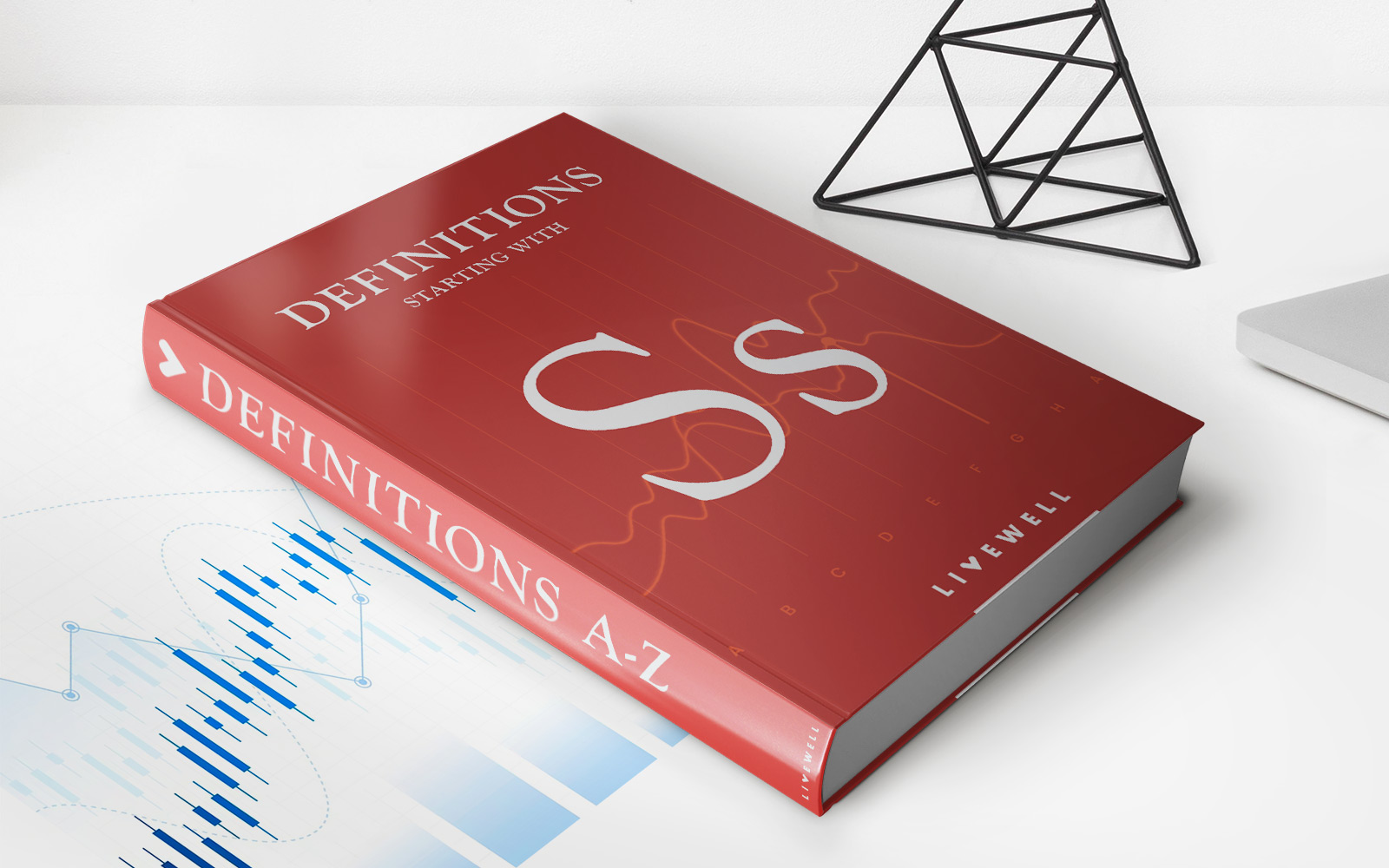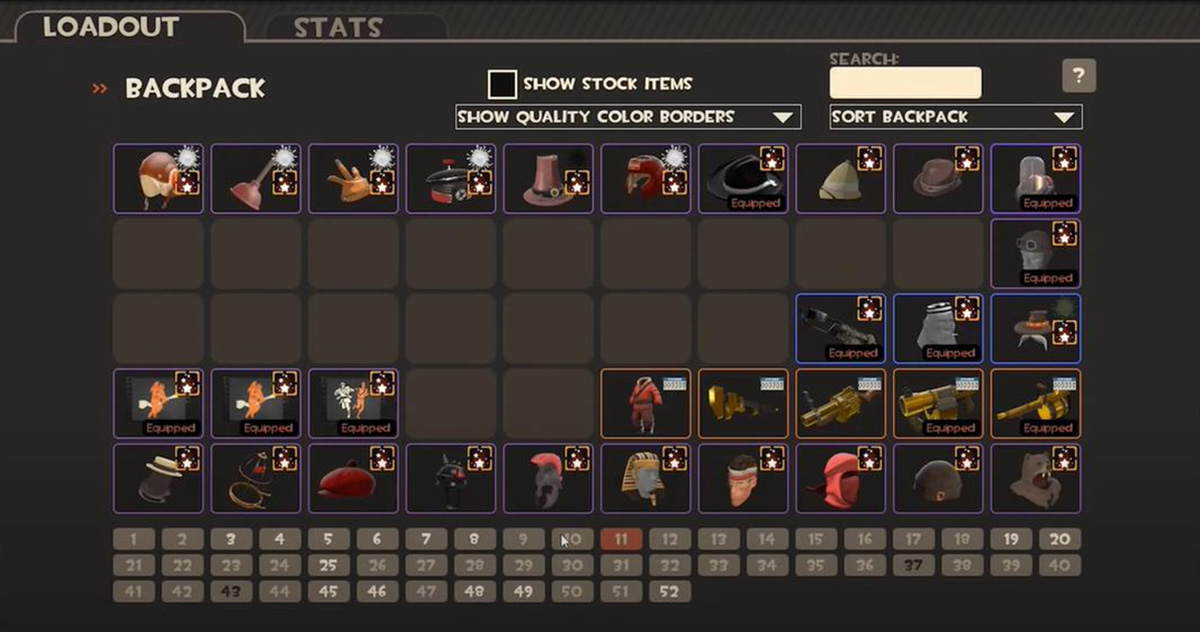

Finance
How Does Your Minimum Payment Go Up
Published: February 26, 2024
Learn how your minimum payment can increase and its impact on your finances. Discover the factors that influence this change and how to manage it effectively. Gain insights into finance and minimum payments.
(Many of the links in this article redirect to a specific reviewed product. Your purchase of these products through affiliate links helps to generate commission for LiveWell, at no extra cost. Learn more)
Table of Contents
Introduction
When it comes to managing your finances, understanding the dynamics of credit card payments is crucial. One key aspect of credit card payments is the minimum payment, which represents the lowest amount you are required to pay each month to keep your account in good standing. However, have you noticed that your minimum payment can sometimes increase, catching you off guard? In this article, we will delve into the factors that can cause your minimum payment to go up and explore strategies for managing these increases effectively.
Whether you are a seasoned credit card user or just starting to build your credit history, comprehending the nuances of minimum payments is essential for maintaining financial stability. By gaining insight into the reasons behind escalating minimum payments, you can proactively manage your finances and make informed decisions to avoid potential pitfalls.
So, let’s embark on a journey to unravel the mysteries of minimum payments and equip ourselves with the knowledge needed to navigate the world of credit card management with confidence.
Understanding Minimum Payments
Minimum payments are the smallest amount you must pay each month to keep your credit card account in good standing. They are typically calculated as a percentage of your total balance, often ranging from 1% to 3% of the outstanding amount, with a minimum dollar value. While making only the minimum payment can help you avoid late fees and maintain a positive payment history, it can also lead to long-term interest costs and prolonged debt repayment.
It’s important to recognize that minimum payments primarily cover interest charges and a small portion of the principal balance. This means that if you only make minimum payments, it will take significantly longer to pay off your debt, and you will end up paying a substantial amount in interest over time.
Understanding the implications of making only minimum payments is crucial for maintaining financial health. By grasping the mechanics of minimum payments, you can make informed decisions about how much to pay each month, considering both your current financial situation and your long-term financial goals.
Now that we’ve established the basics of minimum payments, let’s delve into the factors that can cause these payments to increase, shedding light on potential challenges that cardholders may encounter.
Factors That Can Cause Your Minimum Payment to Increase
Several factors can contribute to an increase in your minimum credit card payment. Understanding these factors is essential for effectively managing your finances and avoiding unexpected financial strain. Here are some common reasons why your minimum payment may go up:
- Increased Balance: If your outstanding balance grows due to new purchases, accrued interest, or other fees, your minimum payment will likely increase. It’s important to monitor your spending and be mindful of how it impacts your overall balance.
- Interest Rate Changes: If the interest rate on your credit card increases, either due to a change in the prime rate or other factors, your minimum payment will also rise to accommodate the higher interest charges.
- Promotional Rates Expiring: If you were benefiting from a promotional or introductory interest rate that has expired, your minimum payment may increase as you transition to the regular rate, resulting in higher interest costs.
- Fee Assessments: Certain fees, such as late payment fees or over-limit fees, can contribute to an increase in your minimum payment. Avoiding these fees is crucial for keeping your minimum payment manageable.
- Payment Allocation Changes: If your credit card issuer adjusts the way payments are allocated to your balance, it can impact your minimum payment. For example, if more of your payment is allocated to higher-interest balances, your minimum payment may increase.
By being aware of these potential triggers for minimum payment increases, you can take proactive steps to manage your credit card usage and mitigate the impact of these factors on your monthly payments. In the next section, we will explore strategies for effectively managing increasing minimum payments, empowering you to maintain control over your financial obligations.
How to Manage Increasing Minimum Payments
As your minimum credit card payment increases, it’s essential to adopt proactive strategies to manage this development effectively. By taking deliberate steps to address rising minimum payments, you can maintain financial stability and avoid potential challenges. Here are some valuable approaches to consider:
- Review Your Spending Habits: Assess your spending patterns and identify areas where you can cut back. By reducing discretionary expenses and prioritizing essential purchases, you can control your balance growth and minimize the impact on your minimum payment.
- Explore Balance Transfer Options: If high-interest balances are contributing to the increase in your minimum payment, consider transferring those balances to a card with a lower interest rate. This can help reduce your overall payment obligations and make them more manageable.
- Seek Lower Interest Rates: Contact your credit card issuer to inquire about potential interest rate reductions. Highlighting your positive payment history and creditworthiness may position you to negotiate a lower rate, which can alleviate the burden of increasing minimum payments.
- Pay More Than the Minimum: While the minimum payment is the required amount, paying more each month can expedite debt repayment and reduce the impact of increasing minimum payments. Even small additional payments can make a significant difference over time.
- Monitor Fee Incurrences: Stay vigilant about avoiding late fees, over-limit fees, and other charges that can contribute to minimum payment increases. Timely and responsible payment habits can help keep your minimum payment at a manageable level.
By implementing these strategies, you can navigate increasing minimum payments with confidence and maintain control over your financial well-being. It’s important to stay proactive and informed, continually assessing your financial situation and making adjustments as needed to address evolving payment obligations.
Now that we’ve explored effective approaches for managing increasing minimum payments, let’s conclude our discussion with a recap of the key insights and a reaffirmation of the importance of proactive financial management.
Conclusion
Understanding the dynamics of minimum credit card payments and the factors that can lead to their increase is essential for maintaining financial stability and making informed decisions. By recognizing the implications of rising minimum payments and adopting proactive strategies to address them, you can navigate the complexities of credit card management with confidence and control.
As you manage your finances, it’s crucial to stay mindful of your spending habits, interest rates, and fee incurrences, all of which can impact your minimum payment. By regularly reviewing your financial situation and making adjustments as needed, you can mitigate the impact of increasing minimum payments and work towards achieving your long-term financial goals.
Remember that while the minimum payment represents the minimum amount required, paying more than the minimum whenever possible can significantly reduce interest costs and expedite debt repayment, ultimately contributing to your financial well-being.
By staying informed, proactive, and disciplined in your financial approach, you can effectively manage increasing minimum payments and maintain control over your credit card obligations. Empower yourself with the knowledge and strategies needed to navigate the evolving landscape of credit card payments, and pave the way for a more secure and resilient financial future.

